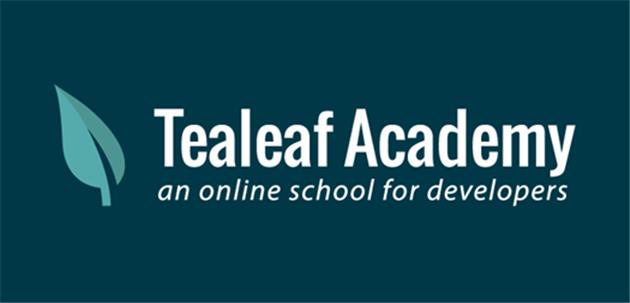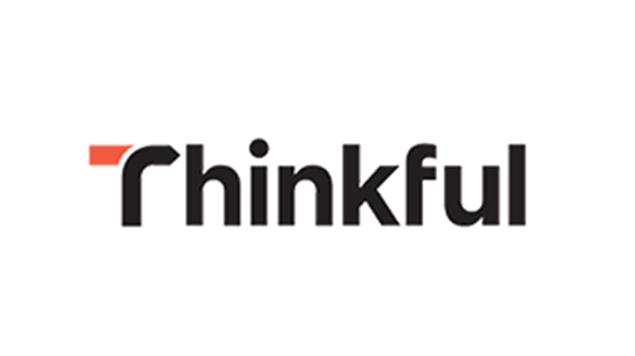Comprehensive Guide to Learning Code Online
By Alex Carter on October 25, 2024

The rise of digital and SMAC (social, mobile, analytic, and cloud) technologies has made programming a vital skill, placing coders at the forefront of innovation and technological development. From mobile apps to cloud computing, code is what powers the digital ecosystem we engage with daily. Those fluent in coding languages such as Python, JavaScript, Ruby, PHP, HTML, and CSS find themselves highly sought after, with ample career opportunities. For individuals aiming to upskill or shift careers, online learning platforms offer accessible and effective ways to master coding. Here, we explore some of the best online resources available today, ranging from interactive tutorials to immersive bootcamps.
Codecademy
Codecademy is an interactive platform ideal for beginners, offering free coding classes in multiple languages, including Python, PHP, jQuery, JavaScript, Ruby, HTML, and CSS. The platform allows users to practice writing code in real time, with a built-in “Get a hint” feature for extra support. Each lesson provides step-by-step instructions, making it intuitive and easy to follow. With over 24 million users and more than 100 million completed exercises, Codecademy’s popularity is a testament to its effectiveness for learning programming basics.
Udacity

Udacity is a renowned MOOC (Massive Open Online Course) provider that offers in-depth courses in various computer science disciplines. Known for its “Intro to Computer Science” course, which focuses on Python and project-based learning (like building a search engine), Udacity is particularly geared toward hands-on application of concepts. Udacity’s courses cost between $150-200 per month, with mentorship options, project planning guidance, and a certificate upon completion. For more specialized training, Udacity offers Nanodegree programs in fields like iOS development, front-end web development, and data analysis. These programs, developed in partnership with tech companies like Google, are project-based and designed to be completed within 6-12 months.
Bloc

Bloc is an online bootcamp that provides intensive, mentor-led courses for aspiring coders. Students can choose among five main tracks: UX Design, iOS Development, Front-end Web Development, Android Development, and Full Stack Development, with a strong focus on Ruby on Rails. Bloc’s flexible pacing options (12, 18, or 36 weeks) and mentorship-driven, project-based curriculum make it ideal for those looking to build real-world applications. The program culminates in a capstone project, allowing students to apply their learning in a substantial portfolio piece. Although it costs around $4,999, many find Bloc’s support and practical training to be well worth the investment.
Tealeaf Academy

Tealeaf Academy specializes in Ruby on Rails and is a strong choice for those interested in web development. The academy offers three main courses: “Intro to Ruby and Web Development,” “Rapid Prototyping with Ruby on Rails,” and “Build Robust, Production-Quality Applications.” This 16-week curriculum (priced around $2,570 for the complete set) focuses on comprehensive, single-project development within each module. Instead of individual mentors, Tealeaf employs a global network of teaching assistants who provide on-demand support. This approach allows students to receive immediate feedback, making it a cost-effective alternative to traditional bootcamps.
Thinkful

Thinkful offers a flexible, mentorship-driven learning experience for aspiring developers, with a variety of course options, including Front-End Development, iOS, Android, Python, Rails, Angular, and Backend with Node.js. Students work at their own pace, typically completing their courses within 2-3 months if dedicating 10-15 hours per week. Thinkful provides extensive mentorship through weekly video sessions, daily office hours, and an active online community. The courses cost between $300-500 per month, with students paying only for the time they need to complete their program.
Hour of Code
Initiated by Code.org, the Hour of Code campaign promotes coding education by providing simple, accessible programming tutorials for beginners. Aimed primarily at K-12 students, Hour of Code offers gamified tutorials where learners can write code in a fun, visual environment, featuring characters from games like Angry Birds. For older students, Code.org also provides an introductory JavaScript course. The campaign encourages schools to dedicate an hour to coding education, making programming approachable and enjoyable for younger learners.
Conclusion
The online platforms highlighted here provide a range of resources for learning to code, from free tutorials to in-depth bootcamps with professional guidance. Each platform has unique offerings and price points to suit different learning styles and goals. Whether you’re interested in mastering web development, building apps, or learning the fundamentals of programming, these online resources can equip you with the skills needed to thrive in today’s digital economy. As new coding languages and applications emerge, these resources provide ongoing opportunities to advance your skills and keep pace with the ever-evolving tech landscape.
Posted in blog, Web Applications
Alex Carter
Alex Carter is a cybersecurity enthusiast and tech writer with a passion for online privacy, website performance, and digital security. With years of experience in web monitoring and threat prevention, Alex simplifies complex topics to help businesses and developers safeguard their online presence. When not exploring the latest in cybersecurity, Alex enjoys testing new tech tools and sharing insights on best practices for a secure web.
